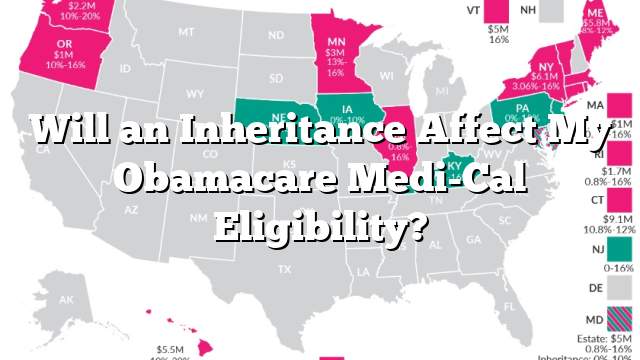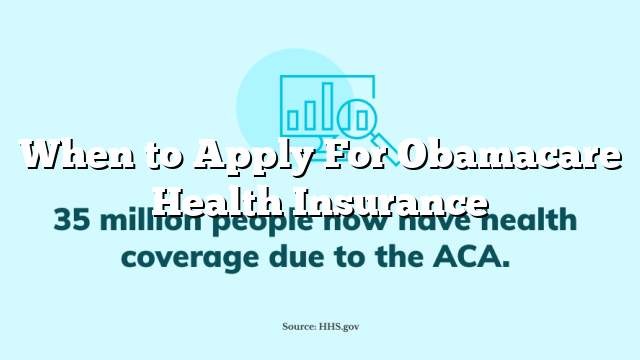

The Affordable Care Act (ACA) makes health insurance more accessible for families by offering subsidies to those whose household income falls within certain thresholds. Furthermore, consumer protection measures include mandating pre-existing condition coverage as well as adult children coverage until age 26.
Most individuals can only enroll in an Affordable Care Act health plan during either its annual open enrollment period, or by qualifying for special enrollment periods due to specific life events.
Open Enrollment Period
Individuals and families without employer-sponsored coverage or Medicare can shop for marketplace health insurance plans during the annual open enrollment period, however life events allow individuals to enroll or modify their marketplace coverage outside of this timeframe.
Losing existing healthcare coverage, moving to a different area, having a baby or getting married are all qualifying life events, which may make people eligible for Medicaid eligibility.
Individuals may purchase private healthcare insurance outside the open enrollment period only if they qualify for a special enrollment window or experience a qualifying event that triggers one. We can help determine your qualifying event and find an ACA-compliant plan that meets your needs; otherwise we offer other forms of health coverage, including short-term and discount prescription drug plans.
Special Enrollment Period
Obamacare offers you many opportunities for enrollment throughout the year, but special circumstances allow for enrollment outside this window. Such special circumstances are known as qualifying life events and include events like moving, getting married, having a baby or adopting one; as well as losing health coverage elsewhere. Although documentation requirements differ by state for qualifying events such as these differ according to what documents must be presented such as marriage certificates or proof of loss of other health coverage coverage etc.
Most exchanges provide a 60-day special enrollment period for people moving, which allows them to select new plans with effective dates starting the day before moving – although eligibility verification rules can be more stringent for this event than during general open enrollment periods.
Life Events
Life events can trigger special enrollment periods to allow you to sign up for coverage outside the annual open enrollment period, including losing or changing jobs, getting married, having children or moving states. Qualifying events include things such as losing or changing jobs, getting married, giving birth or moving into new state.
As soon as a qualifying life event occurs, you should select and enroll in a health plan within 60 days to avoid gaps in coverage. If you currently hold group health insurance through your employer, make sure that there is enough time for choosing and enrolling in your new plan before speaking with human resources about this deadline.
While most qualifying life events apply to both exchange and non-exchange coverage, a few only apply in exchanges (and may not be required by carriers selling off-exchange policies). These events include becoming an American citizen or lawful resident, becoming pregnant, adopting a child, losing your job or changing careers, becoming legally present, etc.
Tax Credits
Under the Affordable Care Act (ACA), certain people can qualify for advance premium tax credits (APTC), which help to offset monthly marketplace insurance premiums. This amount is based on an estimate of their yearly income; any changes must be reported immediately in order to keep this credit accurate.
The American Rescue Plan Act expanded and made available more credits, and extended the Affordable Care Act’s cap that ensures premiums don’t surpass 8.5% of household income to 400% FPL with family coverage as an added feature.
Marketplaces also display catastrophic plans, which are less expensive than silver plans but cannot be used with premium tax credits. People with fluctuating or unpredictable income should report any changes in status to the marketplace since advance premium tax credits could exceed actual earned income resulting in taxes owed at tax time; this process is known as reconciling. Under Inflation Reduction Act 2022 these enhancements were extended until 2025 coverage year.






